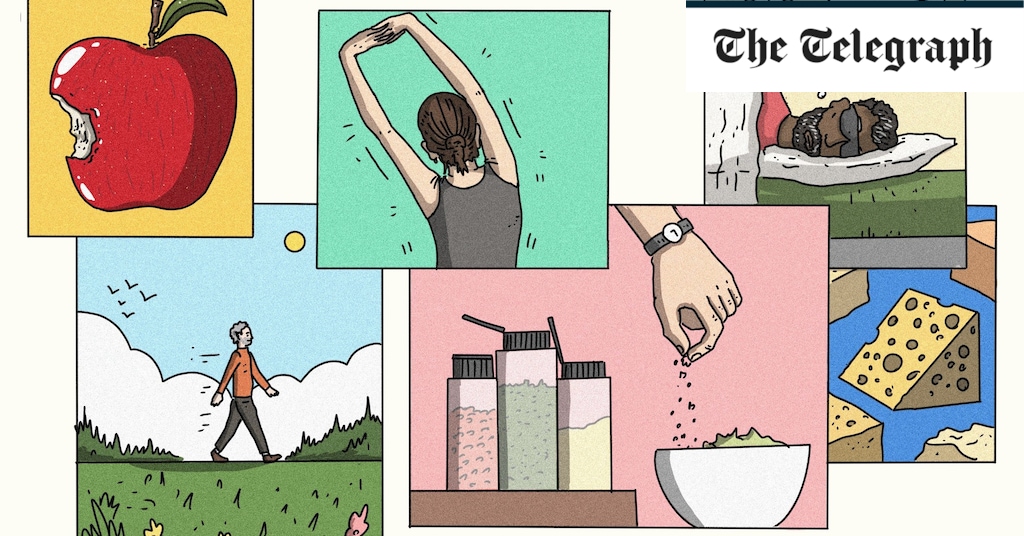“There are lots of good reasons to eat cheese, and dairy in general,” says Professor Catherine Appleton, an expert on human eating behaviour at Bournemouth University. “They’re healthy foods, rich in calcium and other micronutrients, which are good for strong bones and teeth.”
Although cheese often gets a bad rap for being high in calories and fat (30 grams of cheddar cheese contains 125 calories and 10.5 grams of fat), it’s also a powerful source of nutrients and minerals that are essential to your health, including protein (7.6 grams) and calcium (220 milligrams).
“Calcium is important for keeping bones strong and teeth healthy, and protein helps the body grow and repair,” explains Katrina Kissock, PhD, a nutritionist and researcher at the George Institute for Global Health. Most adults should aim to consume two to three servings of dairy products, including cheese, per day, she says.
However, Dr Kissock points out that halloumi is very high in salt (0.81g per 30g) and saturated fat (4.5g per 30g), so she recommends eating it in moderation. Processed cheeses are also an option to limit, she says, as they often contain added salt, sugar and artificial colours.
“Cottage cheese is a healthier option because it provides protein and calcium without the excess salt and saturated fat,” she says.
To prevent type 2 diabetes, eat a snack in the morning instead of at night
“Snacking isn’t necessarily bad for your health – it’s about your snacking habits, such as timing,” says Dr Sarah Berry, professor of nutrition at King’s College London.
In a study by Dr. Berry and his colleagues looking at the eating habits of around 850 people, they found that 95% of people snacked at least once a day, with snacks accounting for around a quarter of their daily calorie intake.
About one-third of participants reported eating most of their snacks after 6 pm. This group had higher blood sugar levels and a poorer postprandial glycemic response compared with those who primarily snacked around noon or between 12 pm and 6 pm, which could be a sign of type 2 diabetes.
In contrast, people who snack in the morning tend to eat higher quality snacks like nuts, seeds and fruit and consume fewer calories from their snacks, she explains.
“So if you tend to snack at night, try shifting your snacking schedule to earlier in the day,” recommends Dr. Berry.
Go to bed 75 minutes earlier to lose weight
Research shows that extra sleep can help you eat fewer calories and aid in weight loss.
One study helped 80 overweight volunteers increase their sleep time from six and a half hours to about seven hours and 45 minutes, and found that participants reduced their daily calorie intake by an average of 270 calories, with some reducing theirs by as much as 500 calories.
According to Dr Berry, this could be down to people making poor food choices when they’re sleep-deprived: Experts believe that sleepiness causes the body to increase the production of ghrelin (the hunger hormone) and decrease leptin (the hormone that makes you feel full), making you more likely to reach for high-calorie foods when you’re tired.
Dr Berry points out that research has shown that as well as weight gain, poor sleep is also a risk factor for cardiovascular disease and type 2 diabetes. “While everyone’s sleep needs are different, there is evidence that people who get seven to nine hours of sleep a night have a lower risk of health complications,” he adds.



